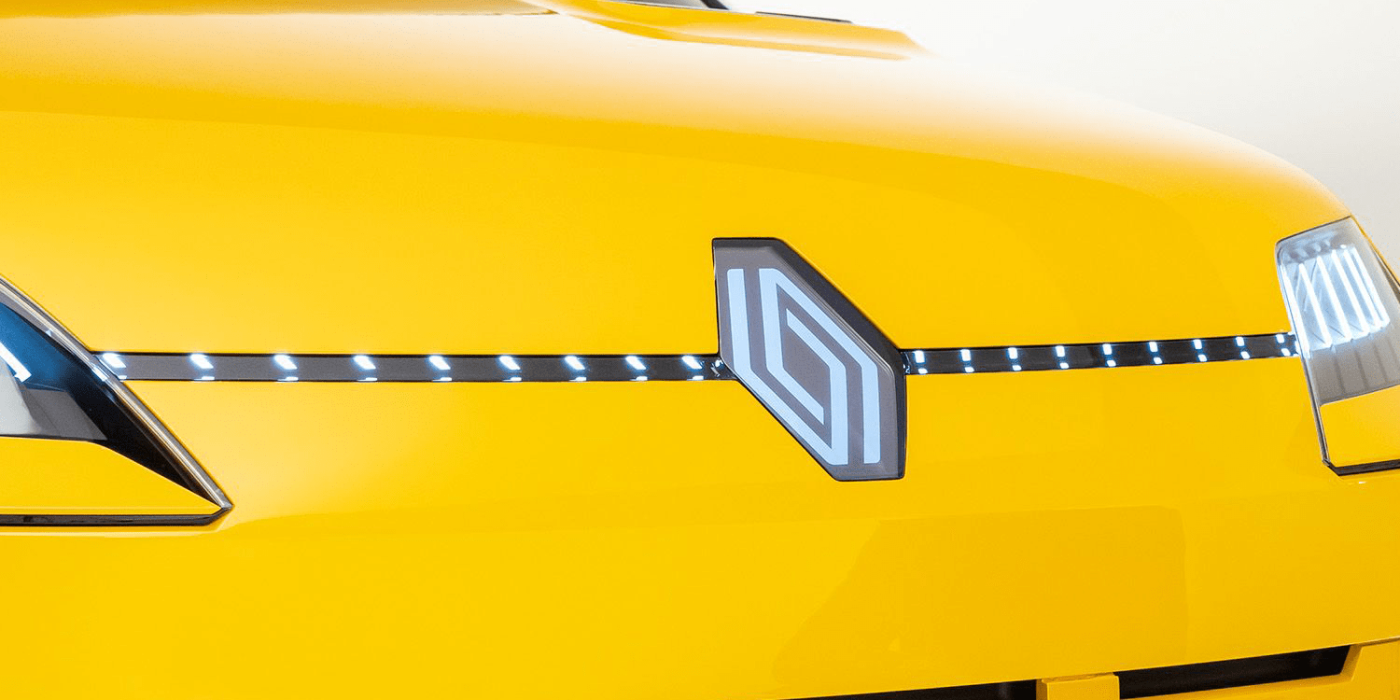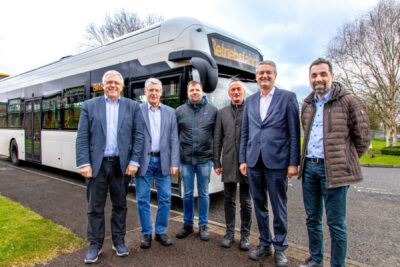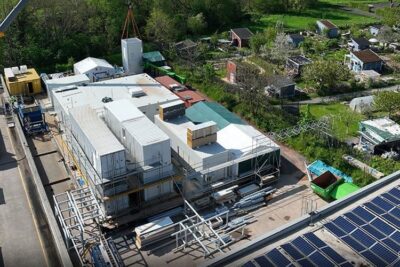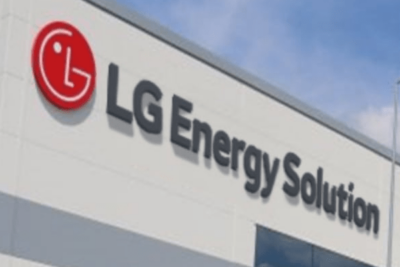Renault Group secures lithium deal with Vulcan Energy
Vulcan Energy announces another prominent customer for the supply of lithium extracted from thermal water in the Upper Rhine Graben. Renault is the second carmaker after the Stellantis Group banking on battery metal coming through the German-Australian company.
For the Renault Group, the offtake deal will see Vulcan Energy supply lithium for five years with an option to extend. The French Group expects to receive 6,000 to 17,000 tons of lithium annually from Vulcan’s geothermal brine deposits in Germany from 2026, the partners announced.
The supply agreement with Renault comes on the heels of last week’s contract concluded with the South Korean battery manufacturer LG Energy Solution. LGES could process the lithium hydroxide from the Upper Rhine Graben at its battery cell plant in Poland and expects Vulcan to supply about 5,000 metric tons of lithium hydroxide by mid-2024.
While LGES expects delivery almost two years earlier than Renault, the lithium could still end up in electric cars from Renault. The Group is a longstanding partner of the Korean battery maker that delivers ‘Performance cells’ for Renault’s C-segment.
Renault, with brands including Alpine and Dacia, has said it would like 90% of models to be fully electric by 2030 as reported. Renault also recently made a significant manufacturing deal through Envision AESC’s factory to be built in Douai.
In today’s announcement, the company stressed Vulcan’s geothermal lithium production process, which has no carbon emissions, was the main appeal to opt for the partnership. Renault reckons Vulcan’s process will help avoid 300 to 700 kg of CO2 for a 50 kWh battery.
Vulcan Energy plans to extract lithium from thermal water deep in the Upper Rhine Graben. The process involves pumping hot thermal water from deep underground to the surface – geothermal plants use it to generate heat and electricity. Vulcan, however, still wants to extract lithium hydroxide from the brine water before the water is pumped back into the depths.
Works on a pilot plant to the Insheim geothermal power plant are underway this year, and Vulcan estimates a commercial plant could go into operation in Insheim as early as 2022. It would eventually produce 2,000 metric tons of lithium hydroxide annually – provided the pilot plant delivers appropriate results. By 2024, two plants will be extracting 15,000 tons of it a year. Then, in the second phase starting in 2025, the company plans three more plants for a volume of 40,000 tons.
Vulcan Energy has also signed a Memorandum of Understanding with the Stellantis Group without disclosing any details of the deal.
For Renault and Vulcan, the Definitive Agreement is set to become binding by 20 November 2021.






0 Comments